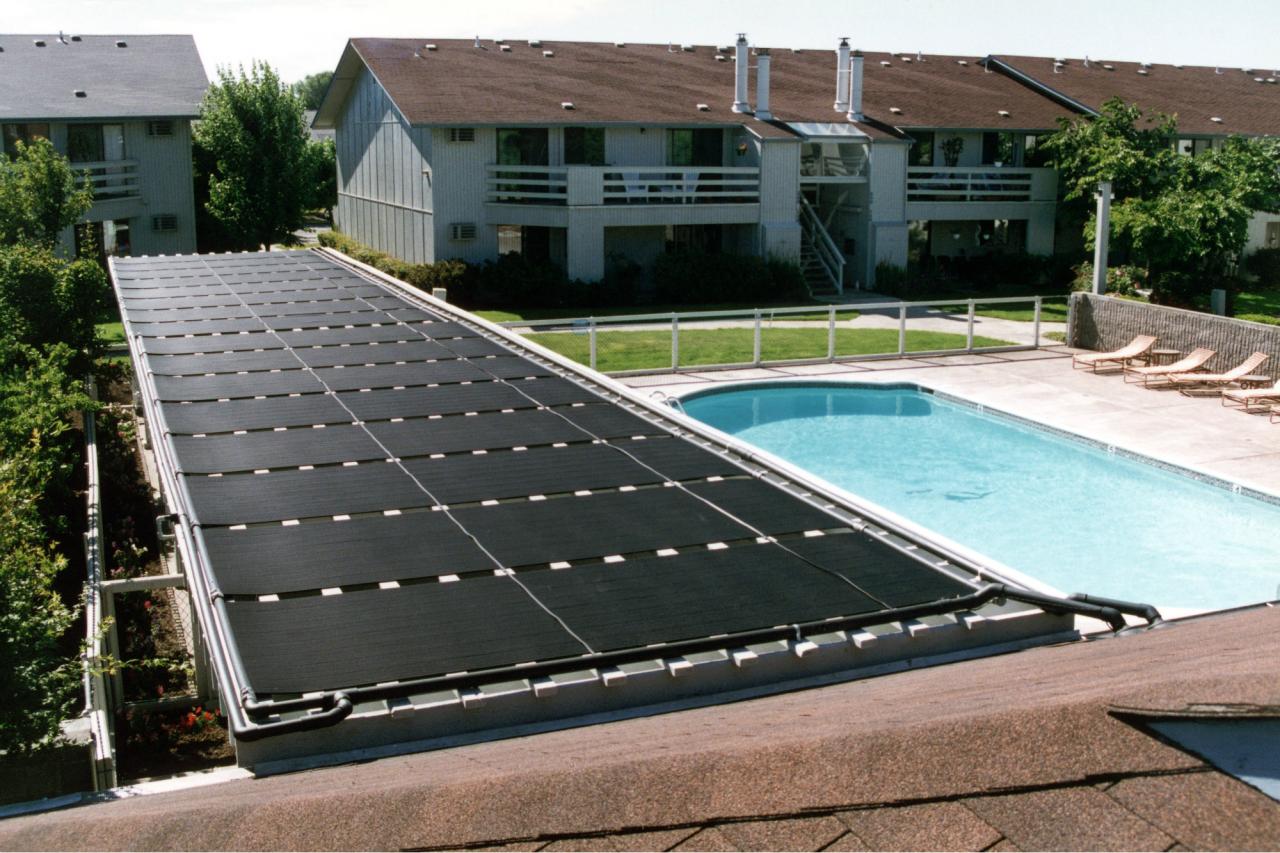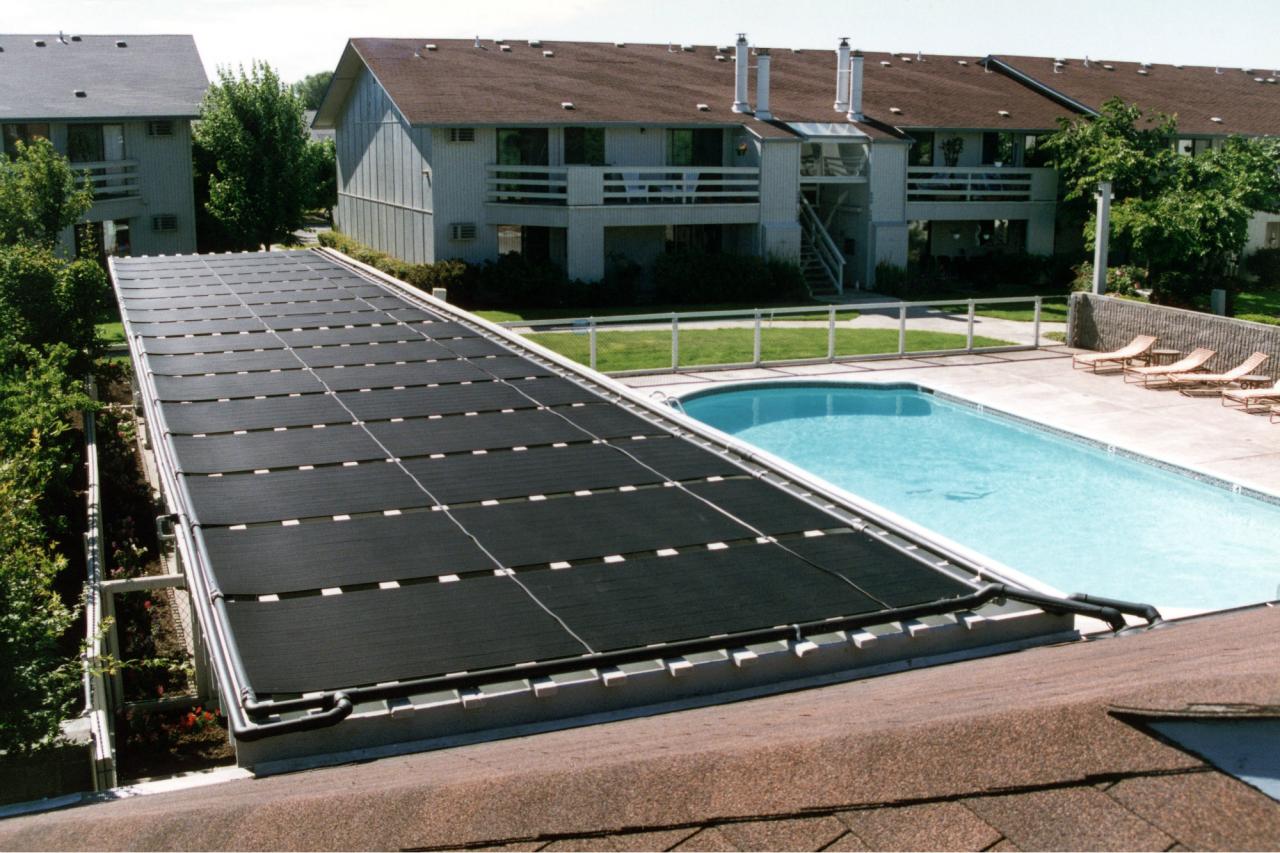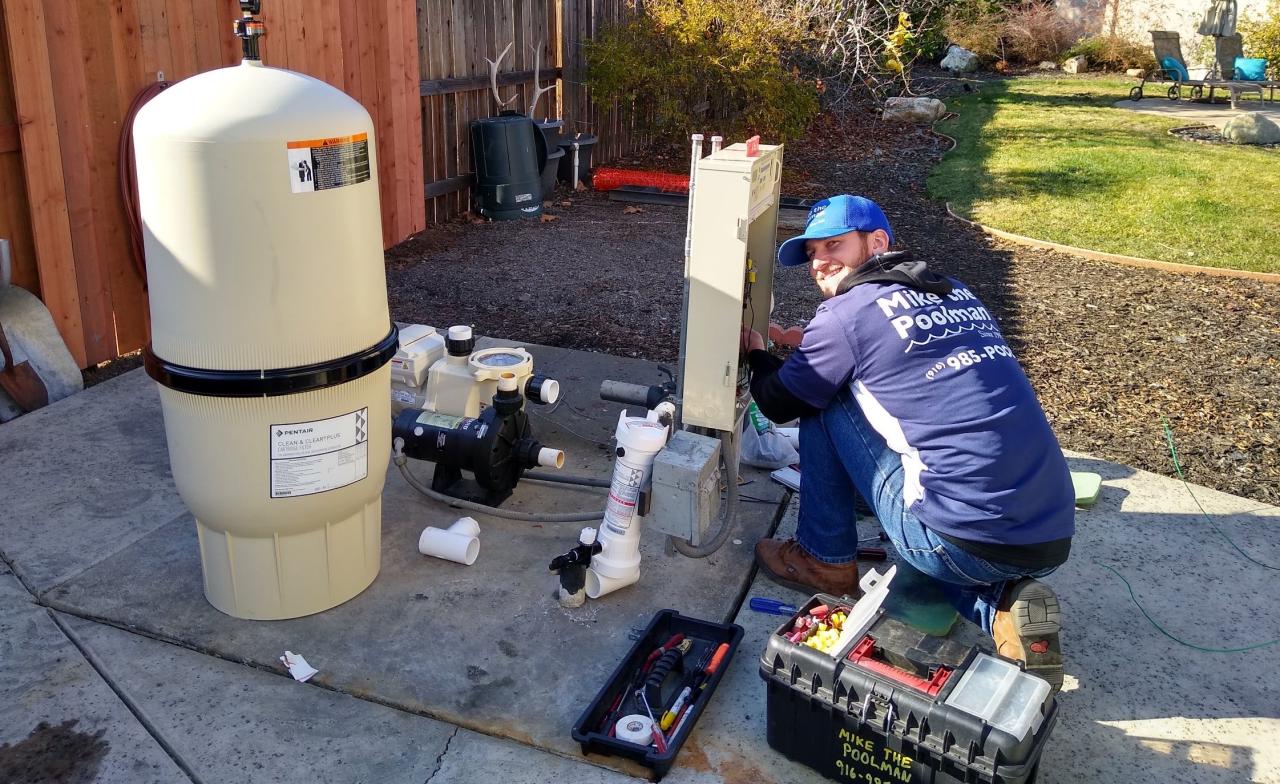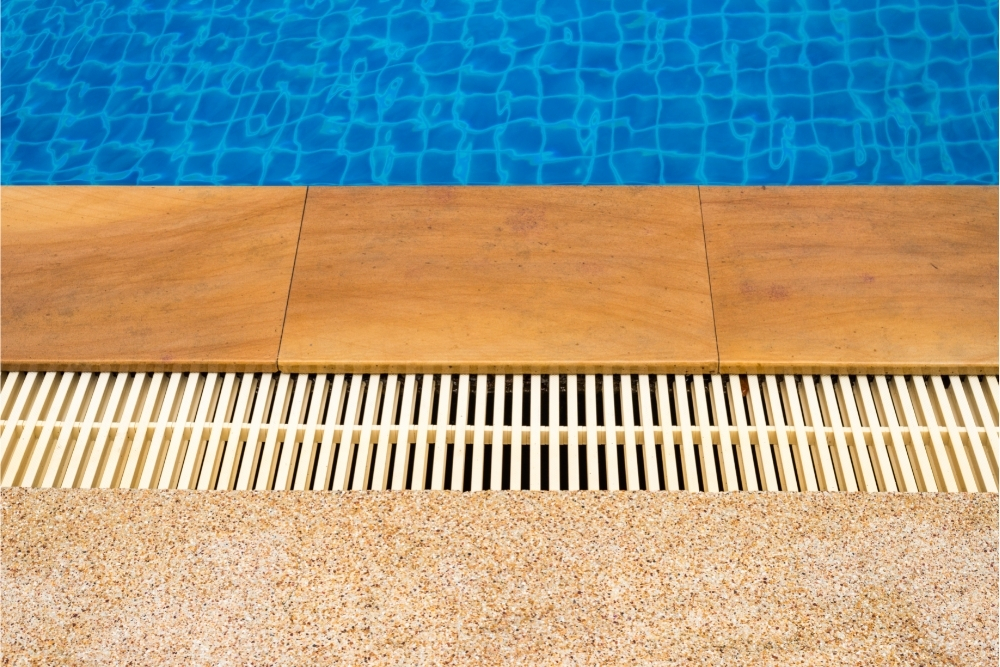Solar Pool Technologies: Sustainable Heating Solutions
Solar pool technologies offer a sustainable and cost-effective way to heat your pool, harnessing the power of the sun to provide warmth and comfort. These systems have evolved significantly over […]

Solar pool technologies offer a sustainable and cost-effective way to heat your pool, harnessing the power of the sun to provide warmth and comfort. These systems have evolved significantly over the years, offering a range of options to suit various needs and budgets. From traditional flat-plate collectors to innovative hybrid systems, solar pool heating presents a compelling alternative to traditional heating methods.
Beyond reducing your environmental footprint, solar pool heating can deliver substantial financial savings on energy bills. The initial investment is often recouped quickly through reduced heating costs, making it a smart and responsible choice for pool owners. Furthermore, advancements in technology continue to improve efficiency and performance, ensuring optimal heating throughout the swimming season.
Types of Solar Pool Heating Systems
Solar pool heating systems utilize the sun’s energy to warm your pool water, providing a cost-effective and eco-friendly alternative to traditional heating methods. These systems come in various forms, each with its own advantages and disadvantages.
Solar Pool Heaters
Solar pool heaters directly absorb solar energy to heat the water. They are typically installed on the roof or ground, depending on the system’s design and available space. There are two main types of solar pool heaters: flat plate collectors and evacuated tube collectors.
- Flat Plate Collectors: These collectors consist of a flat, dark-colored plate covered with glass or plastic. The plate absorbs solar energy and heats the water flowing through tubes attached to its back. Flat plate collectors are relatively inexpensive and efficient in areas with ample sunshine. However, they can be less effective in cloudy or cold weather.
- Evacuated Tube Collectors: These collectors use multiple glass tubes, each containing a vacuum. This vacuum reduces heat loss, making evacuated tube collectors more efficient than flat plate collectors, especially in colder climates or during cloudy days. However, they are generally more expensive and may require more maintenance.
Solar Pool Covers
Solar pool covers function by reducing heat loss from the pool water. They create an insulating layer on the water’s surface, trapping the sun’s heat and minimizing evaporation. Different types of solar pool covers include:
- Bubble Covers: These covers consist of a layer of air-filled bubbles that float on the water’s surface. They are relatively inexpensive and easy to install but may not be as effective as solid covers in colder climates.
- Solid Covers: These covers are typically made of plastic or vinyl and fit snugly over the pool surface. They are more effective at reducing heat loss than bubble covers but can be more expensive and require more effort to install and remove.
Hybrid Systems
Hybrid solar pool heating systems combine solar energy with traditional heating methods, such as gas or electric heaters. This approach offers a balance between efficiency and reliability, providing consistent heating even during periods of limited sunshine.
- Solar-Assisted Heat Pumps: These systems use solar energy to preheat the water before it enters the heat pump, reducing the heat pump’s energy consumption and operating costs.
- Solar-Gas Hybrid Systems: These systems use solar energy to provide the primary heating source, with a gas heater acting as a backup during periods of low solar radiation.
Cost and Return on Investment
The cost of installing and maintaining a solar pool heating system can vary depending on the type of system, the size of your pool, and the location of your home. However, the potential savings in energy and heating costs can be significant, making solar pool heating a wise investment for many homeowners.
Installation Costs
The initial cost of installing a solar pool heating system is the biggest barrier to entry for many homeowners. However, the cost of installation has come down significantly in recent years, and there are now many affordable options available. The cost of installation will vary depending on the type of system you choose, the size of your pool, and the complexity of the installation.
- Active solar pool heating systems typically cost more to install than passive systems, but they can also provide more heating power. The cost of an active system will depend on the size and type of the solar panels, the pump, and the control system.
- Passive solar pool heating systems are typically less expensive to install than active systems, but they may not be as effective in colder climates. The cost of a passive system will depend on the size and type of the solar collector, and the installation labor.
Maintenance Costs
Solar pool heating systems require very little maintenance. The solar panels and collectors are generally very durable and require minimal cleaning. The pumps and control systems may need occasional maintenance, but they are typically very reliable.
- Active solar pool heating systems require more maintenance than passive systems, as the pump and control system need to be inspected and maintained regularly.
- Passive solar pool heating systems require very little maintenance, as the solar collectors are typically very durable and require minimal cleaning.
Energy and Heating Cost Savings
Solar pool heating systems can save you a significant amount of money on your energy and heating costs. The amount of savings will depend on the size of your pool, the climate you live in, and the efficiency of your solar pool heating system.
- Active solar pool heating systems can typically save you 50-75% on your pool heating costs.
- Passive solar pool heating systems can typically save you 25-50% on your pool heating costs.
Return on Investment
The return on investment for a solar pool heating system can vary depending on the cost of installation, the amount of energy savings, and the length of time you plan to own your home. However, solar pool heating systems can typically pay for themselves in 5-10 years.
- Active solar pool heating systems can typically pay for themselves in 5-7 years.
- Passive solar pool heating systems can typically pay for themselves in 7-10 years.
Government Incentives and Rebates
Many governments offer incentives and rebates for homeowners who install solar pool heating systems. These incentives can help to offset the cost of installation and make solar pool heating more affordable.
- Tax credits: Some governments offer tax credits for homeowners who install solar pool heating systems. These tax credits can reduce the amount of taxes you owe, effectively lowering the cost of your solar pool heating system.
- Rebates: Some governments offer rebates for homeowners who install solar pool heating systems. These rebates can be a significant amount of money, and they can help to make solar pool heating more affordable.
Conclusion: Solar Pool Technologies


Solar pool heating offers a compelling solution for pool owners seeking to reduce energy consumption and save money while enjoying a longer swimming season. By harnessing the power of the sun, solar pool heating systems provide a sustainable and cost-effective alternative to traditional heating methods.
This article has explored the different types of solar pool heating systems available, their associated costs, and the potential return on investment. It has highlighted the environmental benefits of solar pool heating, including reduced greenhouse gas emissions and lower reliance on fossil fuels.
Solar Pool Heating: A Smart Choice for Your Pool, Solar pool technologies
Solar pool heating systems offer a variety of advantages, making them an attractive option for pool owners:
- Reduced Energy Costs: Solar pool heating systems significantly reduce your reliance on traditional heating methods, leading to substantial savings on your energy bills.
- Environmentally Friendly: By harnessing the sun’s energy, solar pool heating systems contribute to a cleaner and more sustainable future by reducing greenhouse gas emissions.
- Extended Swimming Season: Solar pool heating allows you to enjoy your pool for a longer period, extending the swimming season and maximizing your investment in your pool.
- Increased Property Value: Solar pool heating systems can increase the value of your property, making it more attractive to potential buyers.
- Low Maintenance: Solar pool heating systems require minimal maintenance, ensuring a hassle-free experience for pool owners.
Investing in solar pool heating is a smart choice for environmentally conscious pool owners seeking to save money and enjoy a longer swimming season. The benefits of solar pool heating outweigh the initial investment, making it a worthwhile investment for both your wallet and the planet.
Conclusion: Solar Pool Technologies


Solar pool heating is a testament to the ingenuity of harnessing renewable energy sources. By embracing these technologies, pool owners can enjoy warm water, reduce their carbon footprint, and contribute to a more sustainable future. As technology continues to evolve, solar pool heating promises to become even more accessible and efficient, making it a viable and attractive option for pool owners worldwide.
Solar pool technologies are becoming increasingly popular as a sustainable and cost-effective way to heat your pool. While solar pool heating systems harness the power of the sun, advancements in medical technology are also making waves. For instance, ultrasonic technology for spine surgery near me offers a minimally invasive approach to treating spinal conditions.
This precise technology is a testament to the growing use of sophisticated tools in various fields, just as solar pool heating systems represent a shift towards eco-friendly solutions in the swimming pool industry.






